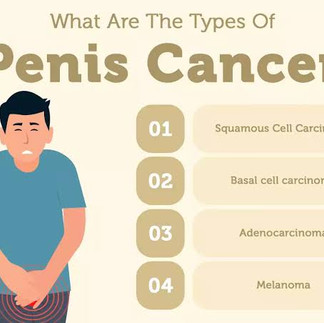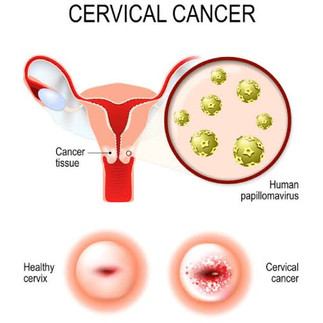The HPV Vaccine: Protecting Against Cancer
- Dr. Vikas Singh

- Feb 4, 2024
- 2 min read
Updated: Sep 23, 2025
Dr. Vikas Singh, Indore.
The human papillomavirus (HPV) vaccine is a powerful tool in preventing various cancers caused by this common sexually transmitted infection. These vaccines shield you against specific HPV strains, notably types 16 and 18, responsible for roughly 70% of cervical cancers and a significant portion of anal, vulvar, vaginal, and penile cancers.
Currently, three main HPV vaccines are available:
Gardasil: Protects against HPV types 6, 11, 16, and 18, offering defense against genital warts and several cancers.
Cervarix: Targets HPV types 16 and 18, specifically focusing on cervical cancer prevention.
Gardasil 9: The most comprehensive option, guarding against nine HPV strains (including those covered by Gardasil and Cervarix) linked to cancers and genital warts.
The World Health Organization (WHO) recommends HPV vaccination for girls aged 9-13, ideally before sexual activity begins. Many countries also vaccinate boys in this age range. In the US, the CDC advises two doses for 11-12 year olds and three doses for those starting at 15 or older.
The benefits of HPV vaccination are substantial:
Reduced cancer risk: Studies show significant reductions in cervical, anal, vaginal, vulvar, and penile cancers among vaccinated individuals.
Herd immunity: Widespread vaccination helps protect even those who haven't received the vaccine themselves by limiting HPV transmission within communities.
Long-lasting protection: The HPV vaccine offers durable immunity, often for several years or even a lifetime.
While some mild side effects like pain at the injection site may occur, the HPV vaccine is considered safe and highly effective. It's crucial to remember that vaccination doesn't replace regular cervical cancer screenings, but it serves as a powerful layer of defense against this preventable illness.
Remember: Consult your healthcare provider for personalized advice regarding HPV vaccination and any concerns you may have.

















Comments